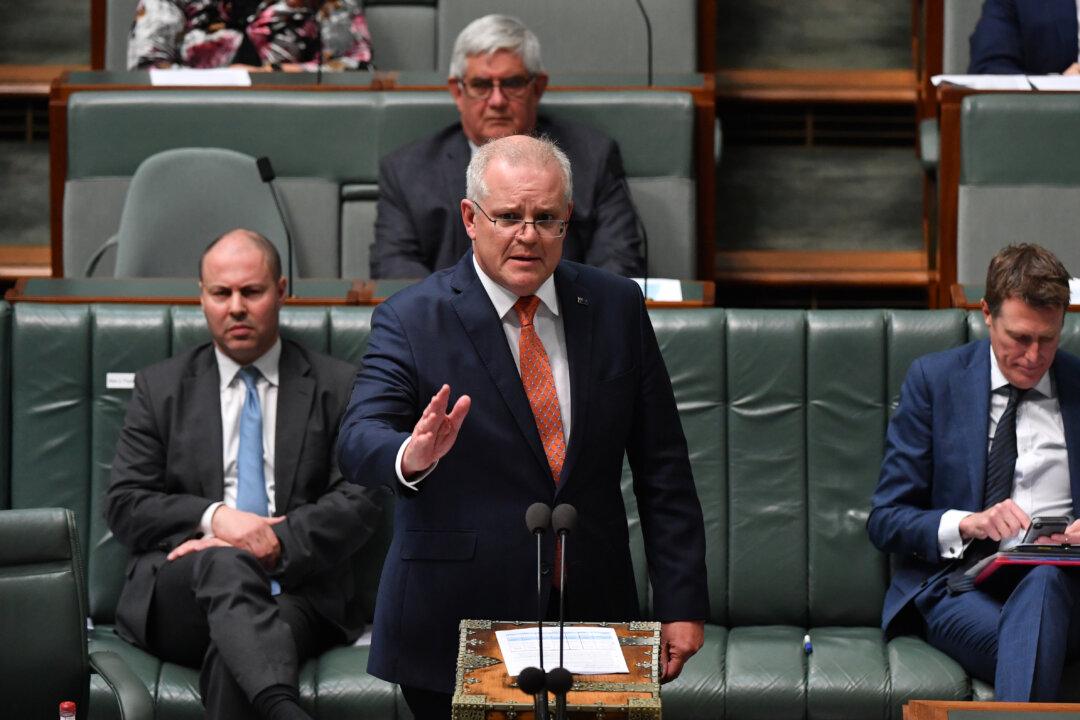Prime Minister Scott Morrison’s new Foreign Relations Bill will close a “gaping seam” between federal, state, and local governments that has been exploited by Beijing, according to an expert.
Michael Shoebridge, director of defence at the Australian Strategic Policy Institute (ASPI), told The Epoch Times on Aug. 27, that the value of a cohesive national strategy between different levels of government was on display during the COVID-19 pandemic, and was sorely needed to address gaps in foreign affairs.





